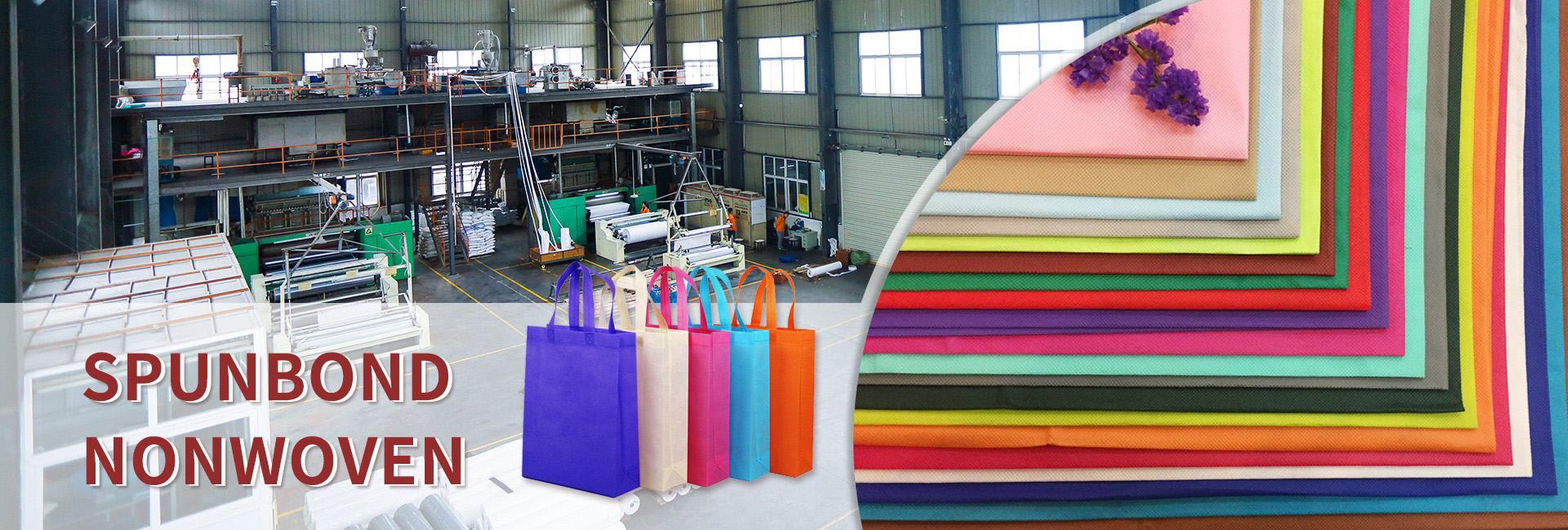The non-woven fabric market in Brazil has a very broad prospect, mainly due to several key factors.
Economic growth drives demand
Firstly, Brazil’s economy has shown a growth trend in recent years, although there have been some fluctuations, overall it is recovering. Economic growth will drive the development of various industries, thereby increasing the demand for non-woven fabrics. For example, industries such as construction, automotive, and packaging require a large amount of non-woven fabric as raw materials or components. With the growth of the Brazilian economy, the scale of these industries will expand, and the demand for non-woven fabrics will also increase accordingly.
In addition, the development of the economy has also improved the consumption ability of the Brazilian people, and their demand for quality of life is constantly increasing. The demand for non-woven fabric products will also increase. For example, in terms of personal care products, the demand for wet wipes, facial mask and other products will continue to grow with consumers’ attention to personal hygiene and beauty; In terms of household goods, products such as cleaning cloths and storage bags made of non-woven fabrics will also be favored by more consumers.
Population structure and consumption habits
Brazil is the most populous country in South America, with a huge population base, which provides a vast market space for the non-woven fabric industry. A large population means a high demand for various non-woven products, whether it is daily necessities or industrial products, there is huge consumption potential.
At the same time, Brazilian consumers’ consumption habits are gradually shifting towards convenience, environmental protection, and health, and non-woven products perfectly meet these needs. Non woven fabrics have the advantages of being lightweight, easy to carry, and biodegradable, and are increasingly recognized and loved by Brazilian consumers. For example, in the field of shopping bags, non-woven shopping bags are gradually replacing traditional plastic bags and becoming the preferred choice for consumers.
The demand in the healthcare sector continues to grow
The Brazilian government has been committed to improving the healthcare system and increasing investment in the healthcare sector. With the continuous improvement of medical facilities and the continuous enhancement of medical services, the demand for medical supplies made of non-woven fabrics will continue to grow. For example, medical supplies such as surgical gowns, masks, and bandages require a large amount of non-woven fabric materials, and the market demand for these products will continue to grow steadily.
In addition, the outbreak of the COVID-19 has led to a sharp increase in the demand for non-woven medical products in Brazil. Although the epidemic has gradually been controlled, people will not pay less attention to health care, and the demand for non-woven medical products will remain at a high level. The epidemic has also prompted Brazil’s healthcare industry to strengthen supply chain management and optimization, improving the development opportunities of the local non-woven fabric industry.
The industrial application field has enormous potential
Brazil is an important country for automobile production and export, with a high demand for non-woven fabrics in the automotive industry. Non woven fabrics can be used as interior materials, soundproofing materials, filtering materials, etc. in automobiles. With the development of the automotive industry and the increasing demand for automotive performance, higher requirements will be placed on the quality and performance of non-woven fabrics, which provides impetus for technological innovation and product upgrading in the non-woven fabric industry.
In the field of construction, non-woven fabrics can be used as materials for waterproofing, insulation, sound insulation, etc., and have broad application prospects. The construction industry in Brazil has maintained a high level of activity, with a growing demand for building materials. Non woven fabrics, as a new type of building material, have good performance and environmental advantages, and will be increasingly widely used in the construction industry.
Policy support and improvement of trade environment
The Brazilian government has introduced a series of industrial policies and support measures to promote the development of local industries, and has also given certain attention and support to the development of the non-woven fabric industry. For example, the government may provide tax incentives, financial support, technology research and development subsidies, etc., to encourage enterprises to increase investment and research and development efforts in the non-woven fabric industry, and improve the competitiveness of the industry.
In addition, Brazil actively participates in international trade cooperation and has signed free trade agreements with multiple countries and regions, providing a favorable trade environment for the export of Brazil’s non-woven fabric industry. Brazilian non-woven fabric companies can utilize the preferential policies of free trade agreements to expand their export markets and enhance their international competitiveness.
Dongguan Liansheng Non woven Technology Co., Ltd. was established in May 2020. It is a large-scale non-woven fabric production enterprise integrating research and development, production, and sales. It can produce various colors of PP spunbond non-woven fabrics with a width of less than 3.2 meters from 9 grams to 300 grams.
Post time: Apr-11-2025

